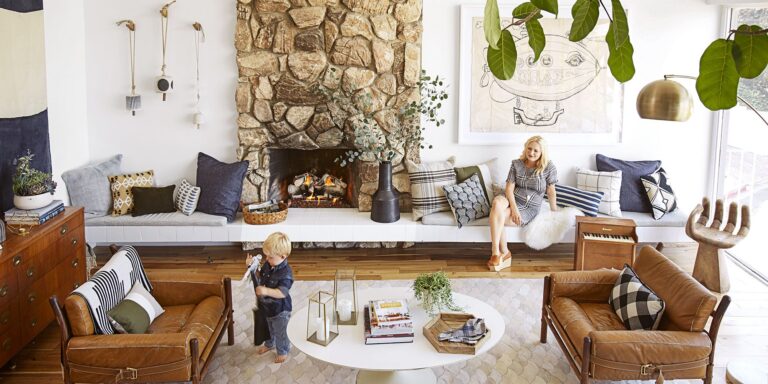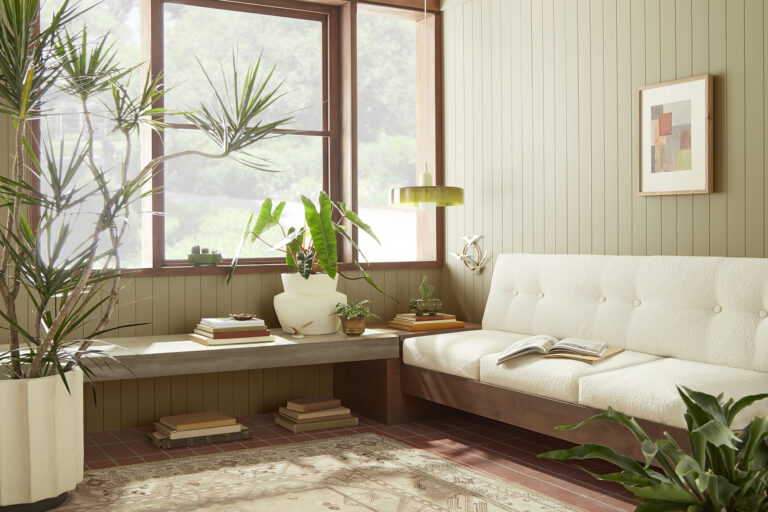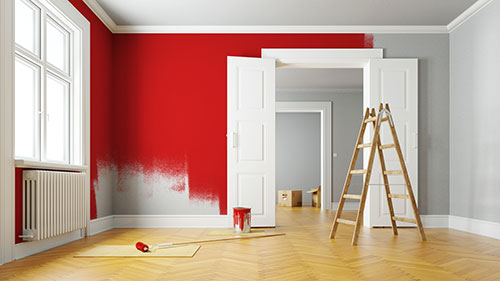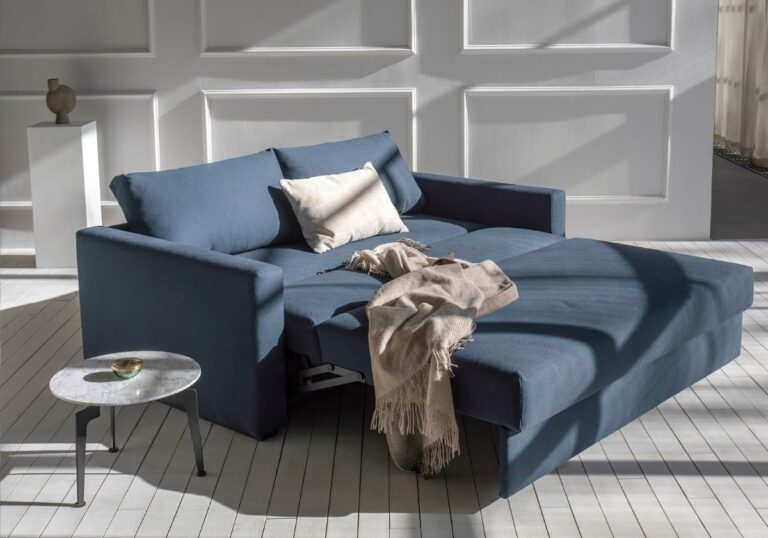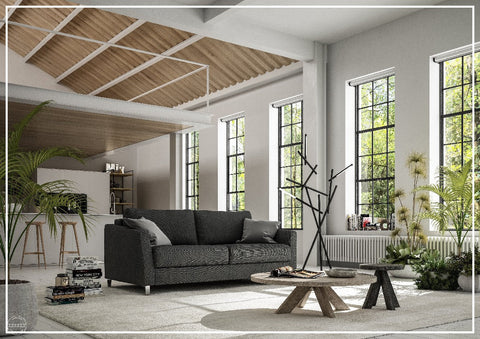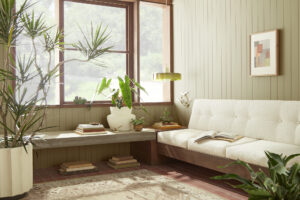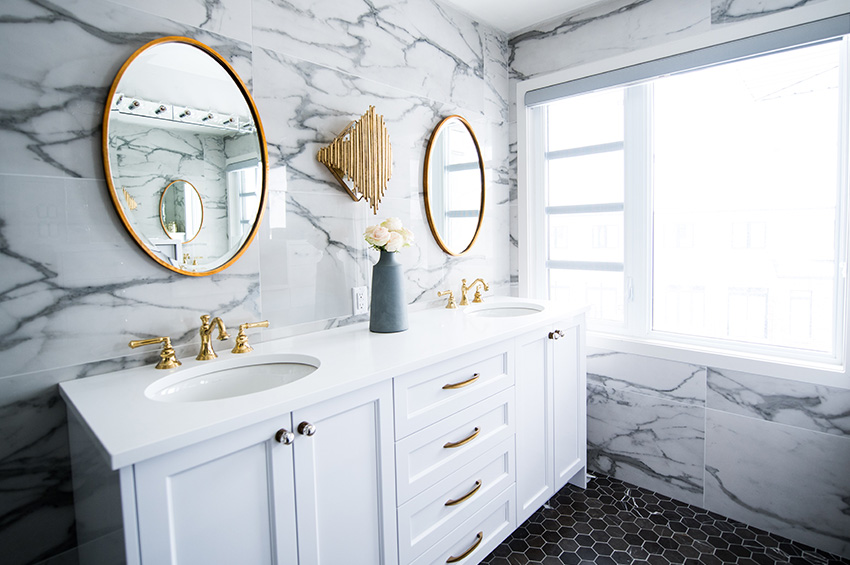When Jack started his first year of graduate school, he quickly realized that his home environment wasn’t conducive to the hours of focused study he needed. His kitchen table was cluttered, the living room was noisy, and the distractions of everyday life constantly pulled his attention away from his books. After weeks of frustration, he knew something had to change. Jack decided to transform the spare bedroom in his apartment into a dedicated study room, a quiet retreat where he could concentrate without interruptions.
The room quickly became Jack’s sanctuary, equipped with a sturdy desk, ergonomic chair, proper lighting, and storage for all his study materials. Suddenly, his study habits improved, his grades followed, and he found that having a designated space for learning made all the difference. Like Jack, many people have discovered the importance of creating an adequate study room for school, work, or personal projects. This article explores how to design an optimal study room, its impact on productivity, and why this simple change can be a game-changer for anyone seeking a focused, efficient environment.
Why a Dedicated Study Room Matters
A study room is more than just a quiet workplace; it is a space designed to enhance focus, minimize distractions, and improve productivity. With the rise of remote work, online learning, and the growing demand for flexible study environments, the need for dedicated study spaces has never been greater. According to a 2021 report by Statista, the number of students enrolled in online courses increased by 30% during the pandemic, underscoring the growing need for effective home study environments.
Psychologists have long argued that having a specific, organized space for learning helps the brain associate that environment with focus and productivity. This is known as context-dependent learning, where the surroundings you study affect how well you retain information. By creating a distinct boundary between work and leisure spaces, a study room can improve mental clarity, reduce stress, and help individuals enter a “work mindset” more quickly.
Moreover, a study room offers benefits beyond the academic sphere. As more people work from home, creating a functional study or office space has also become essential for professionals. According to a 2022 survey by the Pew Research Center, 59% of U.S. adults working remotely plan to continue doing so. A well-designed study room can serve multiple purposes, providing a flexible space for remote work, personal projects, or professional development.
Critical Elements of an Effective Study Room
To create an adequate study room, several essential elements must be considered, from ergonomic furniture to lighting, organization, and soundproofing. Each component plays a critical role in fostering concentration and minimizing distractions.
- Ergonomic Furniture
The foundation of any good study room is its furniture. An ergonomic desk and chair are essential to ensure comfort during extended periods of study or work. The American Chiropractic Association reports that inappropriate posture from inappropriate seating can lead to back, neck, and shoulder pain, ultimately decreasing productivity. Ergonomic chairs, designed to support the spine’s natural curve, can help alleviate these issues, promoting better posture and comfort.
In addition to a comfortable chair, the desk should be at the right height and large enough to accommodate a computer, books, and any other materials needed. Adjustable desks that allow users to alternate between sitting and standing are becoming increasingly popular, as research has shown that sitting for prolonged periods can negatively affect both health and focus.
A 2021 study by the University of Pittsburgh found that individuals who used standing desks experienced a 45% increase in productivity, highlighting the benefits of having flexible, ergonomic workspaces.
- Proper Lighting
Lighting is another crucial factor in creating an adequate study room. Poor lighting can lead to eye strain, headaches, and reduced focus. Natural light is the best option, as studies have shown it can improve mood and concentration. If natural light is limited, combining overhead and task lighting, such as a desk lamp with adjustable brightness, can create an optimal environment.
A 2020 U.S. Department of Energy report found that individuals who work or study in well-lit environments are 20% more productive than those in poorly lit spaces. This is particularly important for students and professionals who spend long hours reading, writing, or working on computers.
- Organized and Clutter-Free Spaces
Clutter is the enemy of focus. A clean, organized study room helps reduce distractions and keeps the mind clear. Storage solutions such as shelves, cabinets, and drawers can help keep study materials organized and out of sight when not in use. A minimalist approach to design is often recommended for study rooms, as it encourages a distraction-free environment.
According to a 2021 survey by The National Association of Productivity and Organizing Professionals, 75% of respondents said a disorganized workspace negatively impacted their productivity. Keeping only essential items on the desk and regularly decluttering the space can significantly improve focus and efficiency.
- Noise Control and Soundproofing
For many, noise is a significant source of distraction. Whether it’s the sound of traffic, neighbours, or other household members, unwanted noise can disrupt concentration. To minimize this, soundproofing techniques such as adding thick rugs, heavy curtains, or acoustic panels can help dampen outside noise. If soundproofing the room isn’t feasible, noise-cancelling headphones or white noise machines can also create a quieter environment conducive to focus.
A 2022 study published in the Journal of Environmental Psychology found that people working in quieter environments were 35% more productive and experienced less mental fatigue than those in noisy settings. This highlights the importance of controlling noise levels in a study room to foster a productive atmosphere.
Personalizing the Study Room: A Balance of Function and Aesthetics
While functionality is critical, the design and personalization of a study room should be noticed. After all, the space should inspire creativity, motivation, and comfort. Adding personal touches, such as artwork, plants, or motivational quotes, can make the room feel more inviting and increase overall satisfaction with the space.
Plants, for instance, are a popular addition to study rooms, as they have been shown to reduce stress and improve air quality. A 2021 study by the University of Exeter found that employees with plants in their workspaces were 15% more productive and reported higher levels of job satisfaction. Even a small potted plant on the desk can make a difference.
Colour schemes also play a role in shaping the atmosphere of a study room. Neutral or calming colours, such as soft blues or greens, are often recommended to reduce anxiety and promote focus. In contrast, bold colours like red or orange might increase energy and cause unnecessary stress for some individuals.
Study Room Trends: The Rise of Multifunctional Spaces
As remote work and online learning continue to rise, study rooms are increasingly designed as multifunctional spaces. In many homes, study rooms double as home offices, guest rooms, or creative studios. Flexibility is critical in these spaces, with furniture that can be easily rearranged or repurposed.
According to a 2022 report by Houzz, 41% of homeowners renovating their homes added study rooms or home offices during the pandemic, with many opting for multifunctional layouts. The need for adaptable spaces has led to the growing popularity of modular furniture, foldable desks, and convertible seating, allowing homeowners to make the most of limited square footage.
The study room may also serve as a communal workspace for multiple family members in smaller homes or apartments. In these cases, zoning techniques, such as room dividers or personalized desks for each individual, can help ensure that the space remains functional and organized.
The Impact of an Effective Study Room on Productivity
The benefits of a dedicated study room extend beyond comfort and aesthetics. Numerous studies have shown that individuals with a quiet, organized space to work or study are more productive, experience less stress, and achieve better results. According to a 2021 study by Harvard Business Review, employees and students who worked in dedicated, well-designed spaces were 60% more likely to report higher productivity levels than those working in communal or cluttered spaces.
In Jack’s case, transforming a spare bedroom into a study room improved his academic performance and helped him establish a healthier work-life balance. By creating clear boundaries between his study space and living space, Jack was able to focus more effectively and reduce the stress of trying to work in a chaotic environment.
Conclusion: The Study Room as a Productivity Powerhouse
A well-designed study room is more than just a luxury—it is a valuable tool for enhancing focus, reducing distractions, and promoting productivity. Whether you’re a student, remote worker, or enjoy a quiet space to read or create, investing in an organized, functional study room can benefit significantly.
As we move into the digital age, the demand for home study rooms will continue to rise. Anyone can create a study room that fosters concentration and success by considering ergonomic furniture, proper lighting, organization, and noise control. For people like Jack, this simple transformation can make all the difference in achieving personal and professional goals.

